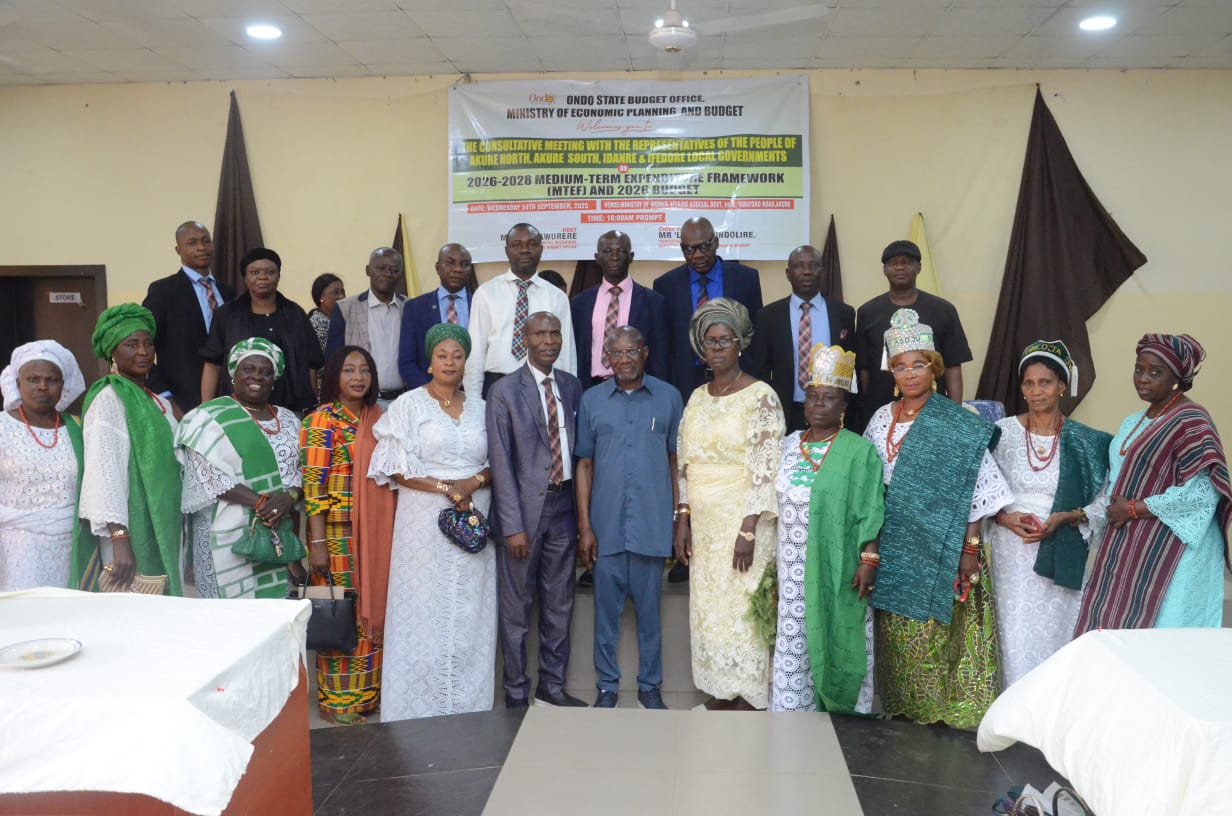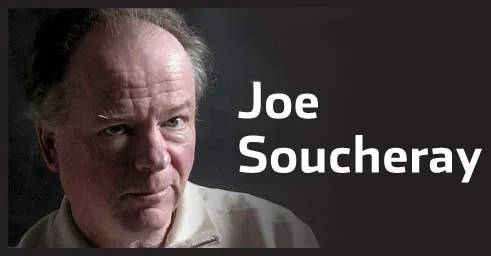Ondo Reaffirms Commitment To People’s Aspirations, Ends Stakeholders Meeting On 2026 Budget Preparation
By Bolu-Olu Esho
Copyright independent

Bolu-Olu Esho
People of Ondo State have been assured of unwavering commitment to inclusive governance through citizen’s engagement with a view to incorporating their suggestions in the 2026 budget and long-term fiscal planning.
Giving the people the assurance on Thursday, Governor Lucky Aiyedatiwa, who was represented by the state Commissioner for Budget and Planning, Dr. ‘Laolu Akindolire, said the method would his administration to transform the state into one of most developed states in the federation through strategic budgeting, projects, and programme implementation.
He explained at final phase of consultative meetings with key stakeholders across the 18 local government areas that his administration is proposing a more realistic and streamlined 2026 budget, aligned with available and accessible funding sources.
The move, according to him, is a strategic response to poor budget performance in 2025, which was significantly affected by non-disbursement of funds by foreign development partners.
Attended by Civil Society Organisations (CSOs), Non-Governmental Organisations (NGOs), Community-Based Organisations (CBOs), trade unions, the organised private sector, professional bodies, women and youth groups, vulnerable populations, and traditional institutions from across all zones, the meeting focused on the 2026–2028 Medium-Term Expenditure Framework (MTEF) and the 2026 Budget formulation.
The commissioner said: “When we looked at the 2025 capital budget, it was just too unrealistic. A capital budget of N433 billion—how do you fund it?
“That’s why we’re preparing a more realistic budget for 2026, targeting 70–80% performance by focusing only on revenues we are confident will come in.
“If additional support comes from development partners, it’s welcome – but it will no longer form the base of our planning.”
It would be recalled that the state’s 2025 Budget was a total of N698.6 billion, with Capital Expenditure at N433.6 billion (63.07%) and Recurrent Expenditure at N222.2 billion.
Meanwhile, the Commissioner revealed that the 2026 Budget would prioritise sectors that directly affect the people, especially in the face of reduced fiscal space.
He said: “Agriculture will be well funded. Food security is a top priority for this administration. We are also focusing on human capital development, security, and SME support as key drivers of economic growth.”
In addition, Akindolire explained that security remained non-negotiable, noting that the Amotekun Corps and other state security outfits would continue to receive robust funding.
“You can’t go about your business or send your children to school if the environment isn’t secure. Security will continue to be a major focus,” he added.
In his address, the Administrative Secretary of the Ministry, Pastor Stephen Aworere explained that the stakeholders meeting was put in place to democratise the budget preparation process.
He said: “This engagement has helped the government ascertain the most pressing challenges faced by the people, thereby allowing us to focus on real solutions.”
Explaining a bold step taken by the state government to align education with employability, Aworere disclosed that the state would begin redesigning the secondary school curriculum to include vocational and technical training.
He said: “Students will graduate with both O’Level certificates and skills certification in areas like plumbing, welding, bricklaying, and electrical work.
“The aim is to make them self-reliant even without going to university.”
The Administrative Secretary noted that the budget is being structured in line with World Bank economic forecasts for Nigeria. The global institution pegs Nigeria’s GDP growth at 3.40%, inflation at 24%, and crude oil at $70 per barrel for 2026.
Moreover, the state government pledged to strengthen collaboration with anti-corruption agencies and enforce asset declarations and bank monitoring for public officials.
“Stealing will no longer be attractive. The systems we’re putting in place will detect infractions before the money even disappears,” Akindolire warned.



